
Book
The Wiley Blackwell Handbook of the Psychology of Occupational Safety and Workplace Health
(Wiley-Blackwell Handbooks in Organizational Psychology)
Recommendation
Millions of employees suffer death and injury each year. Beyond physical injuries, workers worldwide deal with stress and related mental challenges. Safety issues affect all modern economies, costing organizations and societies billions in absenteeism, disengagement, depression and turnover. Chapters by the different authors who contribute to this guidebook echo one common refrain: Help workers stay safe by building a corporate environment, culture and system that prioritizes safety.
Summary
About the Authors
Professors Sharon Clarke, Tahira Probst, Frank Guldenmund and Jonathan Passmore teach and coach widely on topics related to psychology and safety.








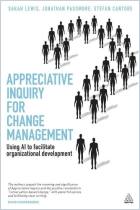
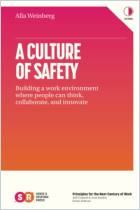
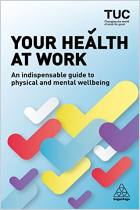
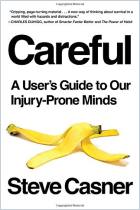

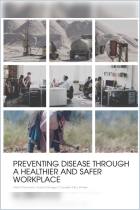
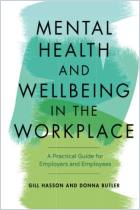



Comment on this summary or Start Discussion